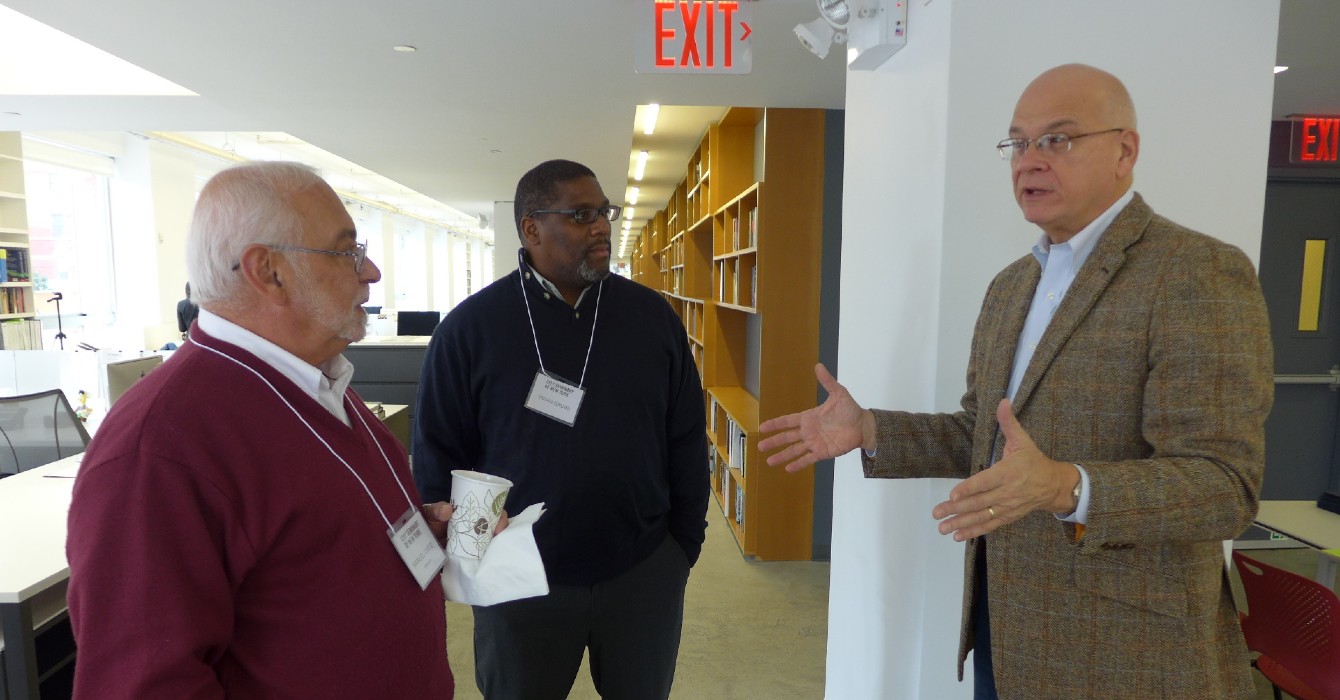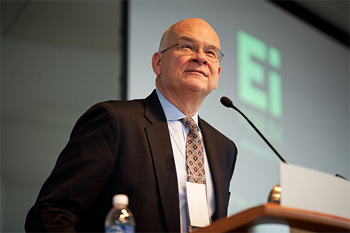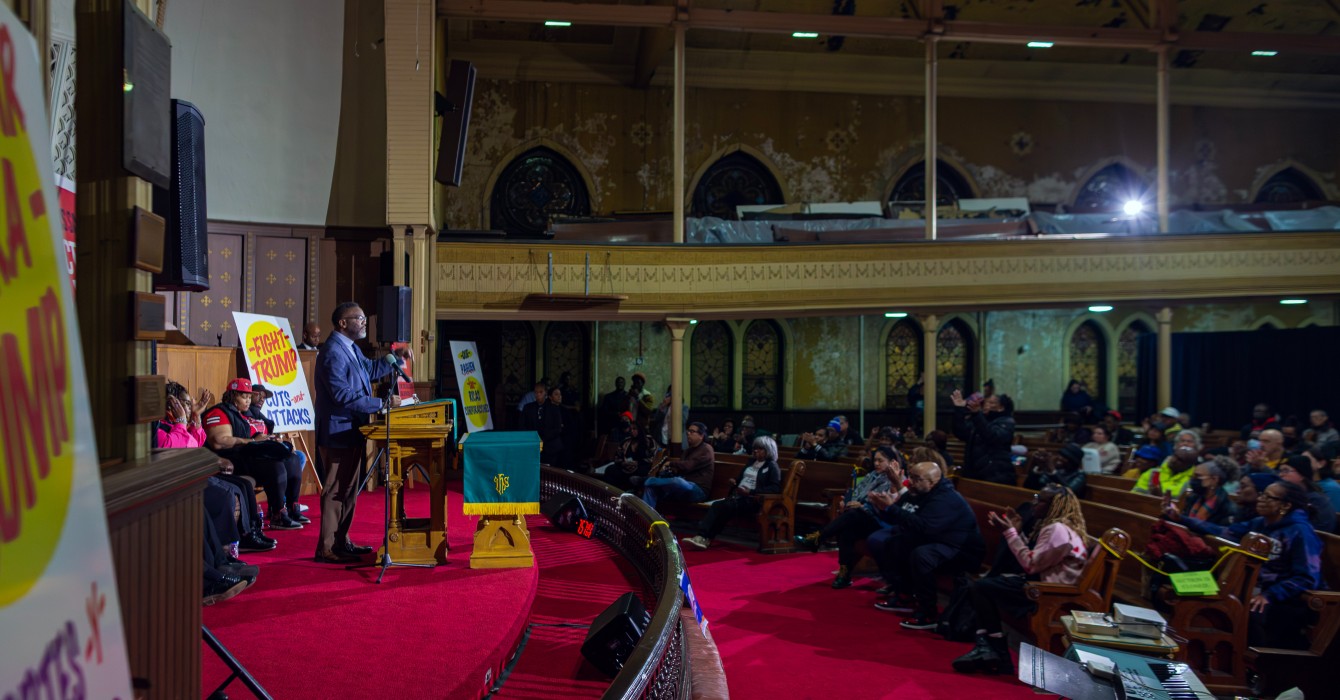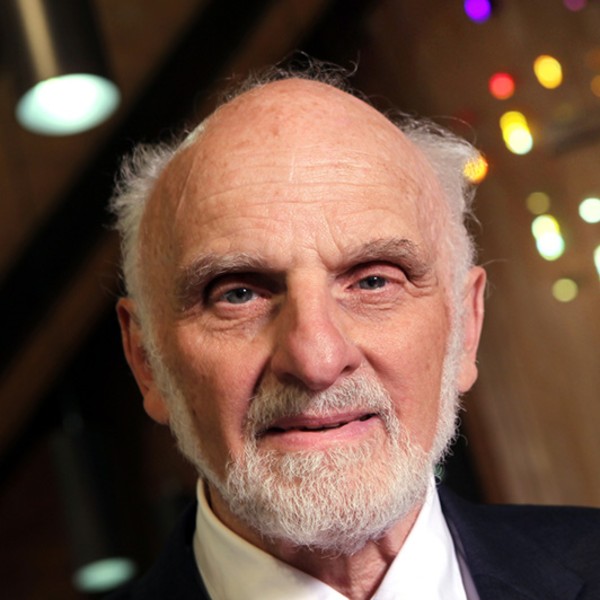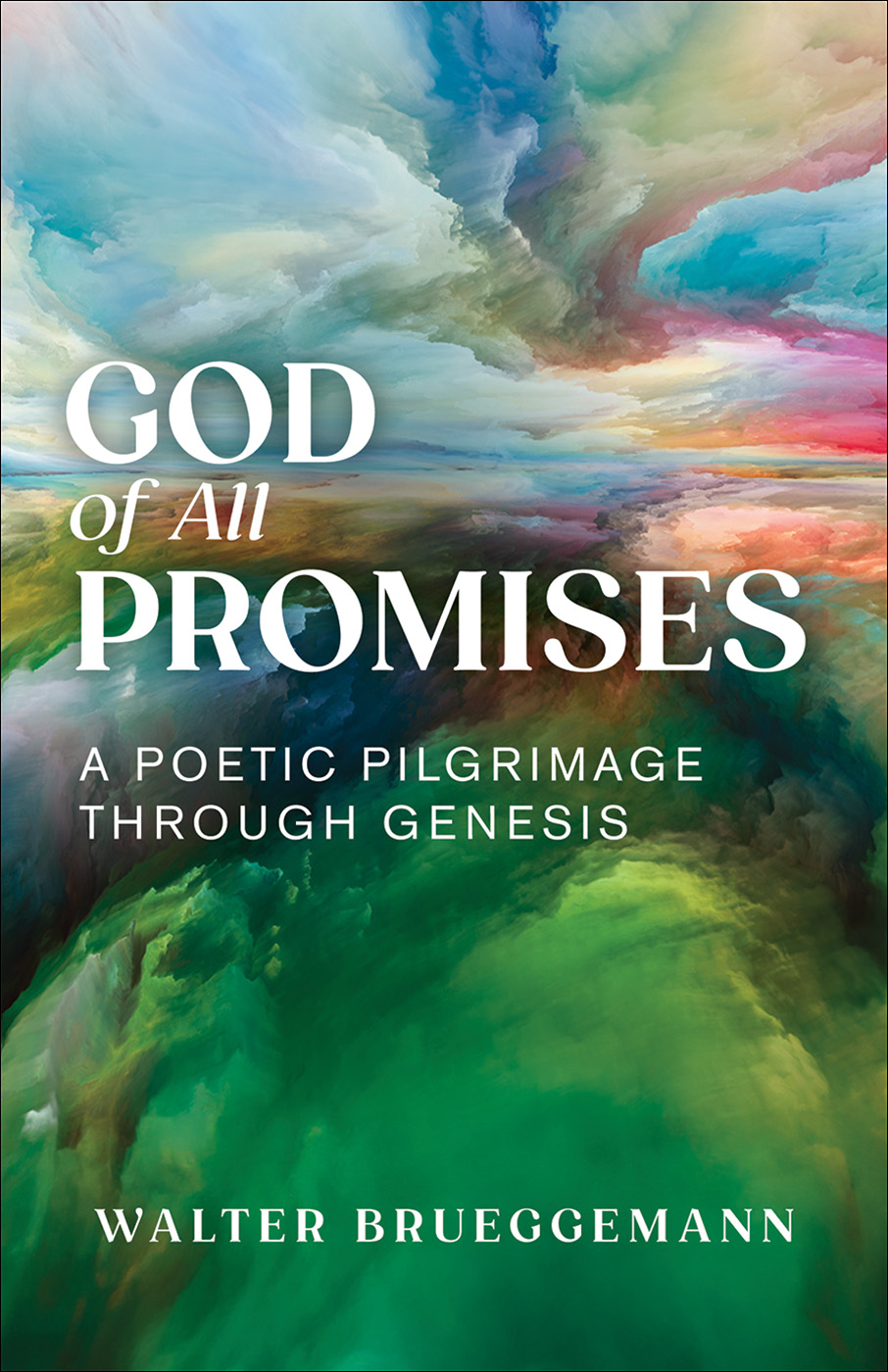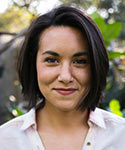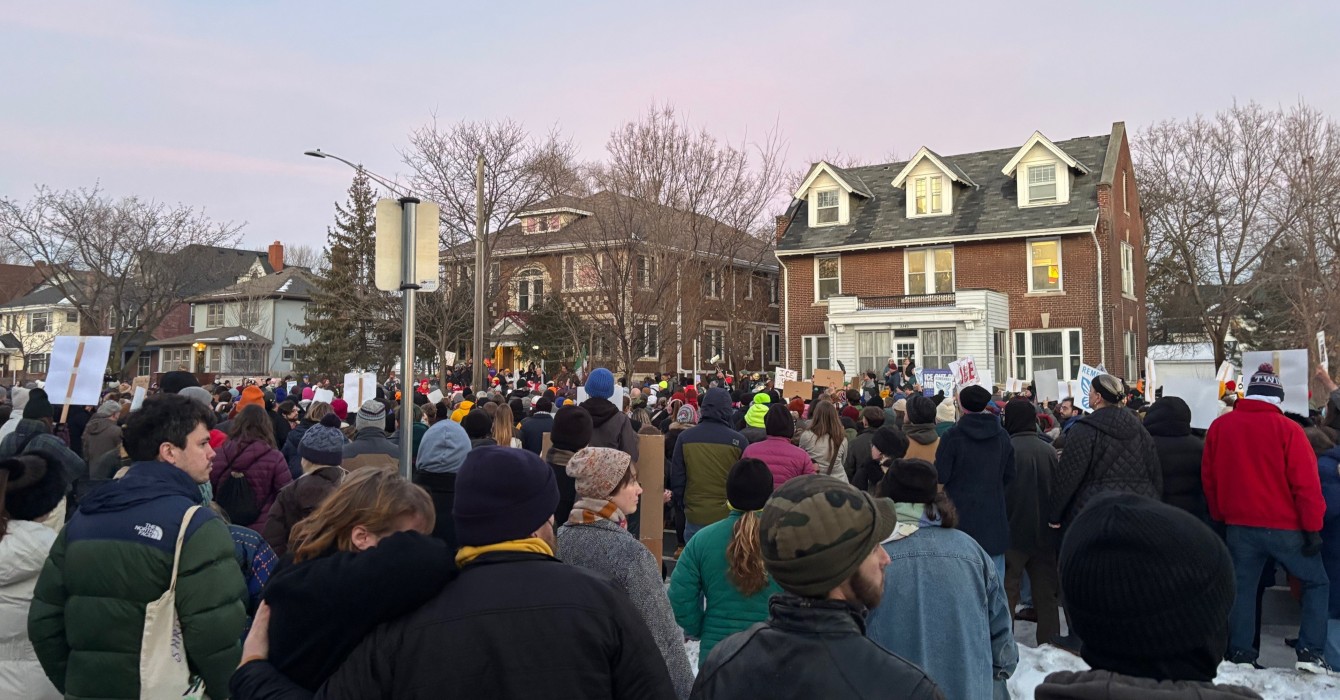My encounter with Tim Keller, who died May 19 at 72, began nearly 40 years ago when he was my teacher at Westminster Theological Seminary in Philadelphia. I think my first semester was also Tim’s first — he had just begun to teach practical theology part time.
I had decided to attend Westminster largely because a professor named Harvie Conn was building a program there around ministry in cities. And it turned out that Tim’s encounter with Conn would be pivotal in his decision as well to go to New York City.
Tim was my professor for pastoral ministry and preaching, and he befriended me, wanting to know more about my plans for ministry, which I planned to pursue in Baltimore. In one course, he assigned me the lowest grade I received during my time in seminary. I told him that at graduation — with a smile — but in true Tim fashion, he countered by telling me something encouraging about my studies that also gave me a smile.
After I spent a decade in ministry in my hometown of Baltimore, Tim encouraged me to move to New York City and was deeply formative in what became my current project, City Seminary of New York. As the seminary grew, Tim, with his unique way of seeing what matters most, continued to think with us about our particular calling to the future of faith in the city.
As I’ve reflected on my own memories of Tim and of his journey to God over the three years since he was diagnosed with pancreatic cancer, I’ve returned to a seminar on ministry I took with him in 1987. It was a program capstone class of sorts I took with fellow student Jeff White. After Tim founded Redeemer Presbyterian Church in New York, Jeff would join him as the first pastoral staff person. These were days that began lifelong friendships — and days when a short seminar in seminary required only 600 pages of reading and two papers!
Looking over my class notes today, I can see how what Tim was teaching would guide his ministry approach to Redeemer. This was two years before he moved to New York City to begin Redeemer with his wife, Kathy, and their sons. I can also see how God was in this part of Tim’s story, giving him time and space to prepare for ministry.
In this seminar, Tim talked about how to build up a church’s life, the role of small groups, the importance of identifying a philosophy of ministry, the need to focus on a church’s unique purpose in its context, the dynamics of the Holy Spirit in grace, renewal and change, and, of course, the place of preaching.
But it was a particular point I remembered him making about pastoral ministry, about the questions we need to ask and answer, that I wanted to search out in my notes.
I think a key factor in Tim and Redeemer’s story was his faithful commitment to pastoral ministry. He pursued the fullest potential of the gifts God had given him and seeking to build bridges of grace, conversation and friendship for people to encounter Christ.
Tim had a great zeal for proclaiming the gospel, a gift for inviting people to see Christ in fresh ways.
I can’t recall the details, but some years ago I heard Tim recount how many hours each week he put into preparing his sermons for Redeemer, of which he often delivered four per Sunday; it was days, not hours. And it was not just the effort he put in before and during preaching but a continuous process of wrestling with the biblical text, his theological convictions and context as he saw it, and the small reworkings he made as he went about sharing the fruit of that labor each Sunday.
And then there were the one-to-one meetings over coffee Tim began early on with people in New York, listening to their stories and questions about the gospel, praying with them, caring for them as he engaged his new pastoral context. It was a practice he continued over the years.
When I found my old notes, I read the series of “invitational questions for ministry involvement” with which he closed the seminar.
Is there a particular need? Are there people to work with you? What are you willing to invest? And do you have the physical and emotional resources?
These are the kinds of questions you should ask yourself before starting out in a new ministry, he explained.
It was not long after Tim retired from Redeemer that he was diagnosed with pancreatic cancer. But as he shared this news with those around him and wrote about it in places like The Atlantic, he did so in a way that revealed how his faith, prayer life and trust in Christ were deepening. How he was dwelling more deeply in the presence of God’s love as he faced death.
We each have strengths and weaknesses across the course of our lives. Tim’s witness these past years took place in a season marked not by physical strength and vitality but by his brokenness and tears.
It seems that this was Tim’s concluding seminar on ministry. And it came not in the form of a traditional lecture, book or sermon but in a new series of invitational questions.
How do I do ministry not just with my strengths but with trust in God to lead through my weaknesses and vulnerabilities? How do we recognize we are built for something more, something else, for God? How do I live daily life with a hope that does not deny suffering and injustice but challenges it by looking and living toward God’s new creation and the life to come?
Until the end, Tim kept living the pastoral calling and questions God had given him. And he learned what the Franciscan friar Richard Rohr has observed: that when we fall down, we may be falling upward.
Thanks be to God for Tim Keller, who lived the gospel with beauty, joy and grace, pointing in hope to the crucified and risen Christ.


